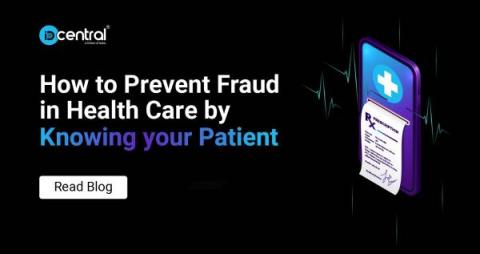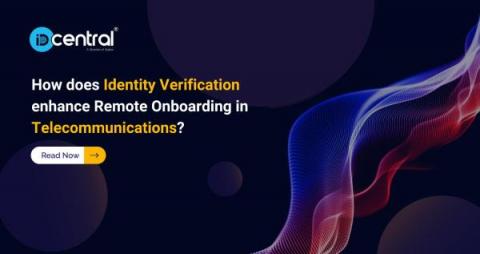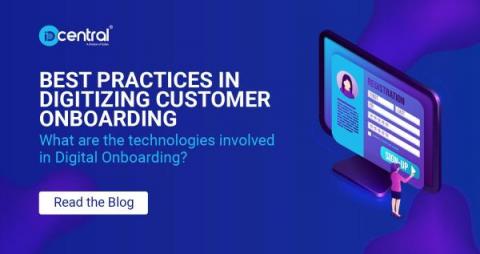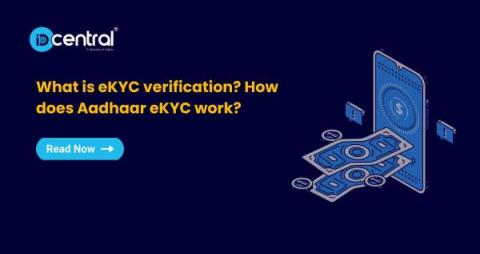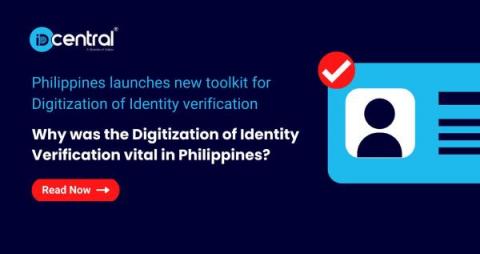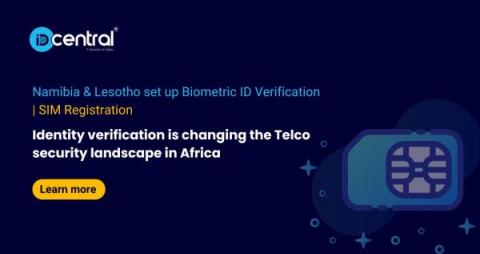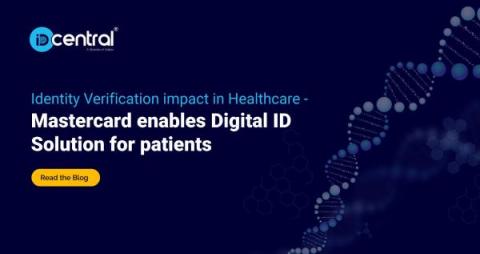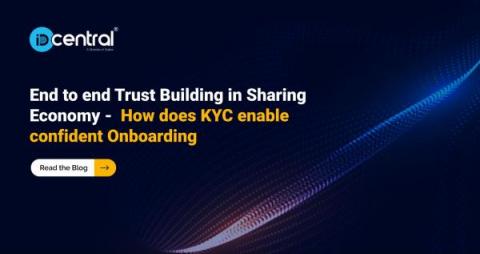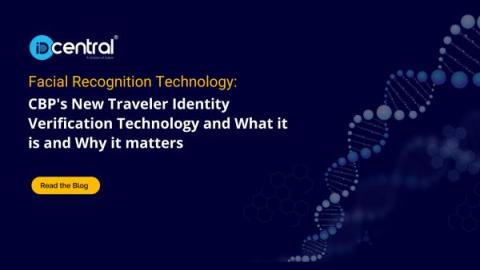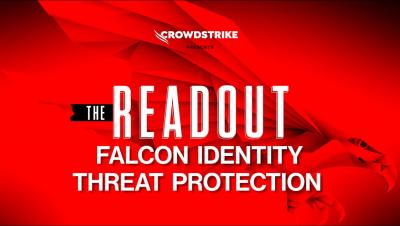How to Prevent Fraud in Healthcare by Knowing Your Patient?
Healthcare fraud, waste, and abuse cost taxpayers billions of dollars. According to a report published in BusinessWire, the global healthcare fraud analytic market may reach US$ 5.69 billion by 2027. Detection of fraud leads to hefty fines, criminal proceedings, and incarceration for the concerned individuals in organizations. 2021 saw a peaking of medical fraud and abuse, according to the latest report of the HIPAA journal.


